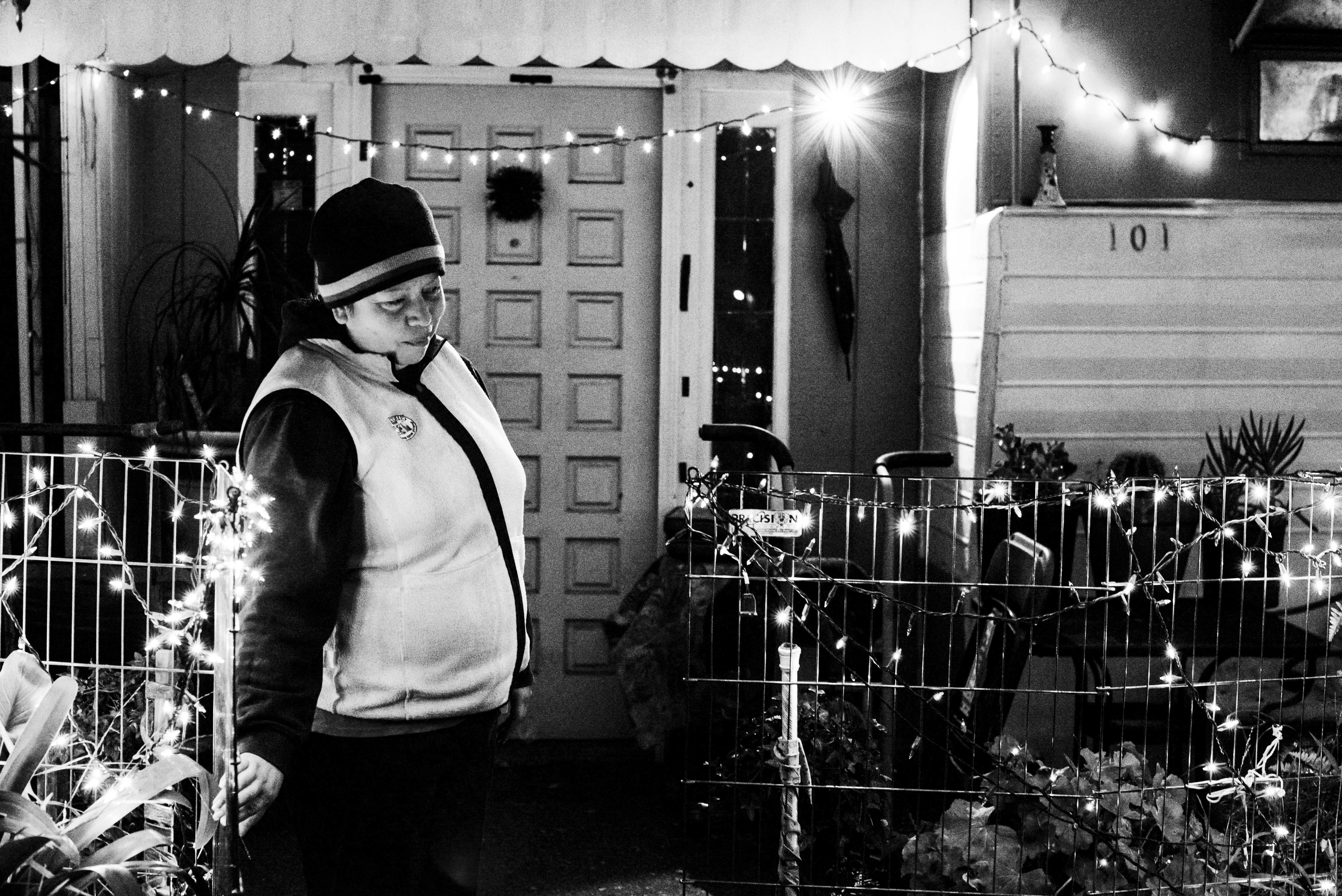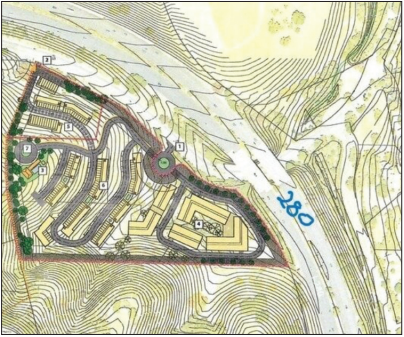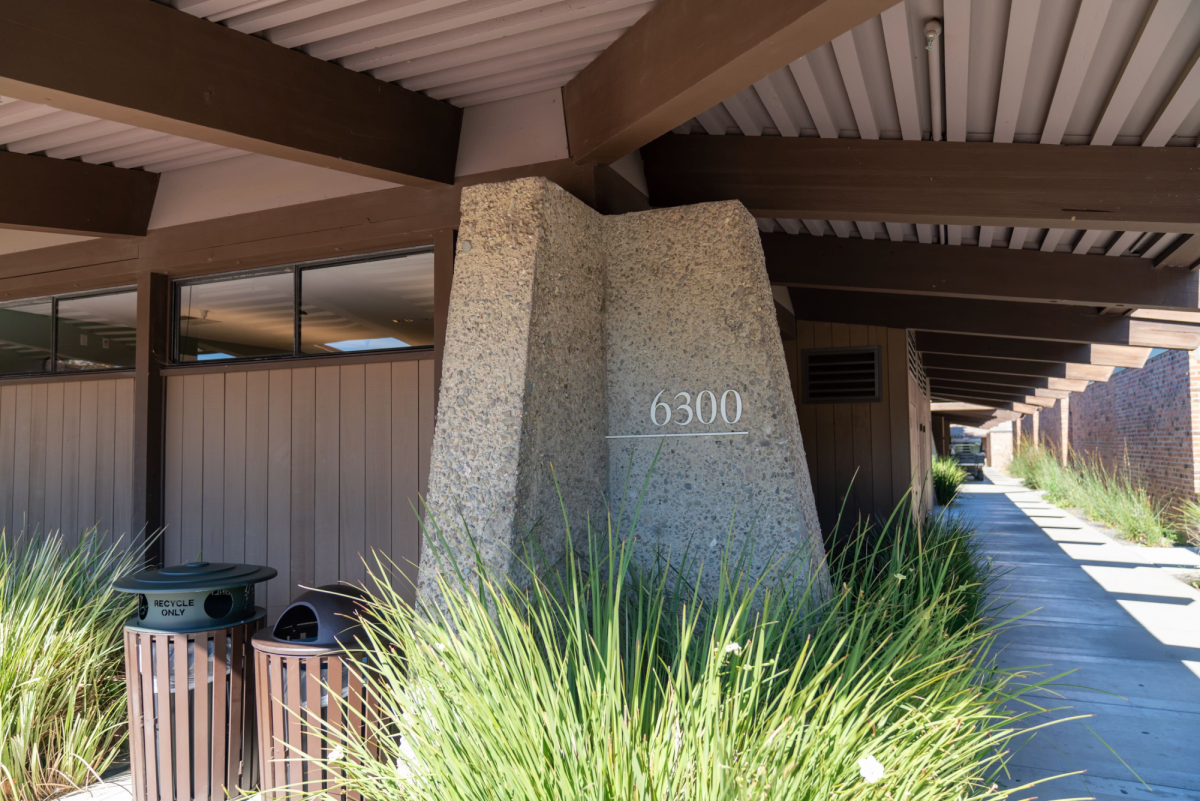Written by Evalyn Li and Ayala Tzadikario
In 2012, the owner of the Buena Vista Mobile Home, the Jisser family, submitted an application for the closure of the property. is past December, the Santa Clara County Superior Court rejected the application and the Housing Authority of the County of Santa Clara offered $36 million to buy it from the Jissers.
Amidst the four-year-long uncertainty of the future of Buena Vista, a conversation involving affordable housing, education and private property owners’ rights has surfaced. In 2015, the Jissers sued the City of Palo Alto after the city required the family to pay a relocation fees to residents. throughout the process, Buena Vista advocates and residents voiced concern about preserving housing for the mobile park’s low-income residents and maintaining access to local schools for residents.
Executive Director of the Housing Authority Katherine Harasz says that the Housing Authority is a local independent government agency that recognizes that many families and individuals cannot afford the current rent or cost of buying of a home. “It’s important that everyone be in a home,” she said. “ This requires dedicating public resources to subsidize either the rent someone would have to pay, or the cost of building the rental housing so that a provider can charge a rent that they can afford or, by the same token, create a housing resource that they can afford.”
Harasz attributes the need for affordable housing to the low supply of housing compared to the high number of jobs available. Far more people move here than there are housing opportunities available, so they agree to pay a higher rent, pushing out others’ offers. “Folks who don’t have a lot of salary power are literally outside without a home because they can’t afford the rent or they can’t compete in this rental market,” Harasz said.
According to community activist Winter Dellenbach, people don’t understand the importance and the contributions of the Buena Vista community. “ The residents work hard, sometimes at multiple jobs, some at our schools and many here in Palo Alto,” Dellenbach said.
Longtime Buena Vista resident Mary Kear says that the mostly blue-collar working residents of Buena Vista are just as important to the community as white-collar workers. “Most of the families in the park can’t afford a place in Palo Alto so if the mobile home was shut down, it would have split up families. One half of the family would live here with this relative and one half of the family would live there with that relative.”
According to Dellenbach, Buena Vista residents have more to offer than just their labor. Buena Vista is the greatest source of racial diversity in Palo Alto. “ There is a belief by many that Palo Alto is affluent, our homes are expensive and we all live upscale lifestyles. In actuality, Palo Alto is more than that,” Dellenbach said. “We are a community with economic and ethnic diversity, which sometimes gets overlooked. Buena Vista is a concentrated reminder of that diversity and richness.”
Other advocates approach the issue from an educational standpoint. Vice President of Advocacy of the Palo Alto Council of Parent Teacher Association (PTA) and founder of the Buena Vista Advocacy Committee Nancy Krop emphasized that the PTA was founded as an advocacy group for all groups of students and that affordable housing is in its domain.“My premise was that preserving the mobile home park actually benefitted all students, not just students residing in the mobile home park, and that diversity enriches the educational experience of all students,” Krop said. “I really do [believe that] preserving this mobile home park is of critical importance to all our students.”
PAUSD Director of Academic Support Judy Argumedo works closely with low-income students all over the district and continues to work closely with Buena Vista students at the high school level. “I feel, and I don’t know if it’s a marker being low-income necessarily, but they bring perspectives that are not as prevalent in the more typical Palo Alto,” she said.
One example of different perspectives Argumedo refers to is that many students she works with have part-time jobs. “I think that the ethic of getting a part-time job and learning life skills is something they can provide to Palo Alto students who sometimes do a lot of work to build resumes but lack those real-life skills,” she said
In her role, Argumedo works to provide resources to low-income students such as a programming class sponsored by a local technology company and programs aiding students in the college application process. She connects her ongoing work to making education more equitable and being able to build upon the foundation of a Palo Alto education. “My hope would be that they can use education to level the playing eld and ride out of their current economic status, but that takes a lot of planning and time,” she said. “I think that we are very fortunate to live in a community that values education and when the community commits to education, the students bene t.”
In a three-way partnership to maintain the affordable housing, the City of Palo Alto and the County of Santa Clara each will pay $14.5 million and the Housing Authority will pay the rest using the leftover funds from Housing Choice Voucher Program Section 8. “There’s a memorandum of understanding, a formal contract between the county, the city and the housing authority for both the county and the city to make funds available for the housing authority to acquire the property,” Harasz said.

In the application process of the closure of the mobile home park, the City Council acts as both a judge in the application’s approval as well as a major financial supporter to the Housing Authority’s potential acquisition of the property.
City Attorney Molly Stump says that the City Council supports maintaining Buena Vista as affordable housing and facilitating keeping the current residents as an integral part of community. “But there is a secondary issue which is that the City Council had to sit as a judge in the owner’s application to close the park because he wanted to go out of business and he has the right to go out of business,” Stump said.
According to Stump, part of the application approval requires the owner to pay mitigation payments, lessening the impacts of the closure on residents. ere was contention around the appraised value of mitigation payments which led the residents to file a lawsuit against what they deemed as too low of a payment amount. ” The City Council went through that process and did approve the closure, not because the City Council is in favor of the closure but because state and local law require them to be impartial and to be fair and to allow the owner to go out of business if the mitigation payments are paid,” she said. “The city’s position is that the process was fair and the result was appropriate.”
As to whether a conflict exists between the private owner’s right to do as he like with his property and the maintenance of affordable housing, Stump acknowledges tension exists, but that the city is fair to the owner and is providing help to the Housing Authority to buy the lot and keep the affordable housing. “In our system, private individuals aren’t required to provide affordable housing, a function of government, which is the collective: all of us and the community,” she said. “I think that both goals can be pursued at the same time.”
Krop says that since the Housing Authority is offering to buy at the full-market value, the sale would bene t all parties. “It’s a win-win,” she said. “He gets the full value of his property and we get to keep our neighbors.”
Some people feel that it is not anyone’s place to decide what to do with private property other than the landowner. On the other hand, some people also sided with the residents who were unwilling to leave their homes. According to Secretary of the Buena Vista Residents Association Melodie Cheney, this situation has attracted interest due to the great amount of support for both sides. “We are so thankful for all the help we have received,” Cheney said. “We know without this help we would not be in a much better place today.”
If the Jissers accept the offer and the Housing Authority acquires Buena Vista, Harasz says they plan to ensure every resident has a home and make improvements regarding infrastructure to meet the Housing Authority’s standards. “We will reach out to the homeowners,” she said. “We intend to talk to the residents and figure out what their needs are.”











